Calyptranthes pallens
spicewood
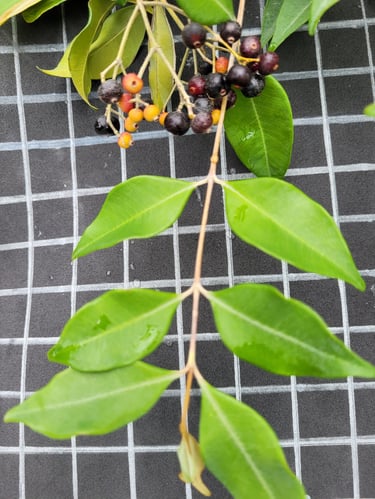

Basic description: small multistemmed evergreen tree/large shrub with opposite simple leaves
Mature size: 15-20 feet, taller than wide
Typical natural location: hardwood hammocks
Typical landscape location: occasional use for buffers, trees in tight locations
Branch arrangement, structure, other features: opposite branching, typically multi-stemmed, branches very thin
Bark texture, color, other features: bark smooth and gray/light brown
Leaf structure, shape, color, size, persistence, other features: leaves evergreen, 1-3 inches long by 0.5-1 inch wide, simple, elliptic with acute tip, margins entire, growing at near 90-degree angle from stem, new growth reddish
Flower color, size, form, arrangement, blooming period, persistence, other features: white to beige, growing in clusters in axils on branches, small, light fragrance, blooms in spring and summer
Fruit type, size, color (early/ripe), form, persistence, time of year, other features: berry, round, yellow red and black, matures late spring to mid summer
Root features: no prominent roots
Key features for identification: leaves growing at near 90-degree angle to stem, new growth reddish, stems very thin, branching opposite
Similar species/often confused with:
Torchwood (Amyris elemifera)
Similar features: overall size, multistemmed growth form, growing locations, leaf size
Distinguished by: torchwood has compound leaves with three leaflets, new growth on spicewood is red
Spanish stopper (Eugenia foetida)
Similar features: opposite simple leaves, multistemmed growth form
Distinguished by: Spanish stopper has smaller leaves that are more rounded at the ends, not spread at as wide of an angle, flowers on Spanish stopper are located in axils along the length of twigs with leaves whereas flowers on spicewood are on stalks which hold only flowers/fruits
Gallery
Share your experience with the community!
ID features in testing phase:
Majority of leaves have a recumbent margin (edges of majority of leaves are rolled under)
Whole Plant/Form
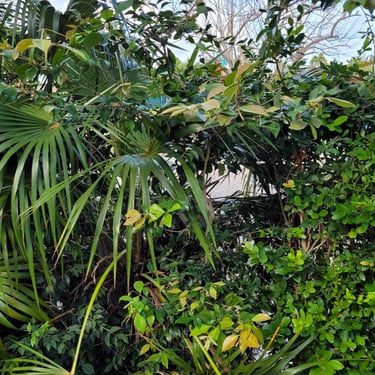
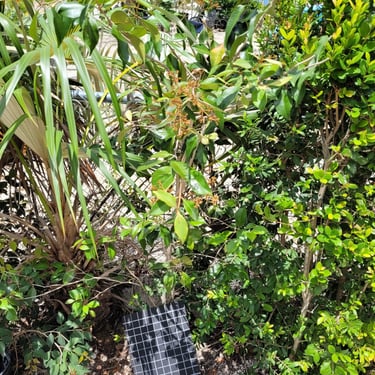
Leaves - general
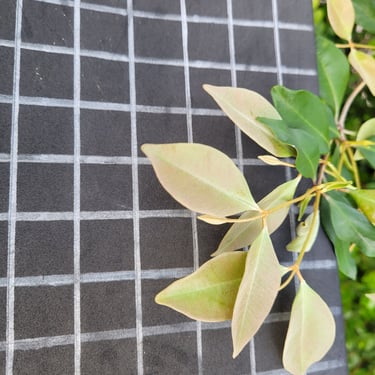
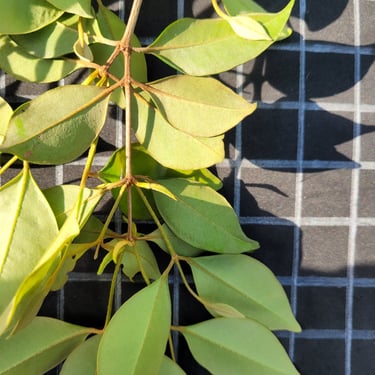
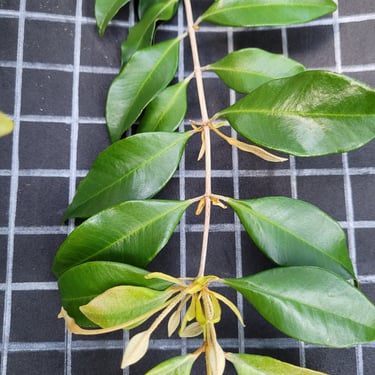
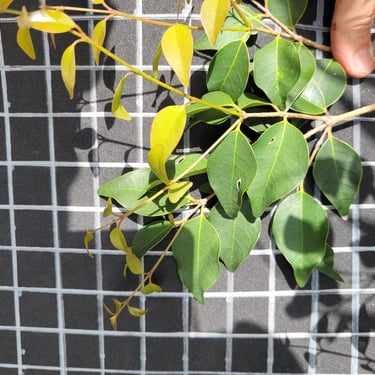
Leaves - new growth








Leaves - dead, diseased or special case
Flowers - general
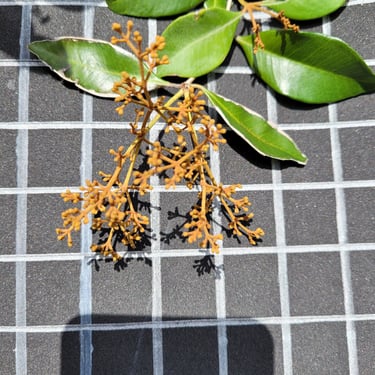
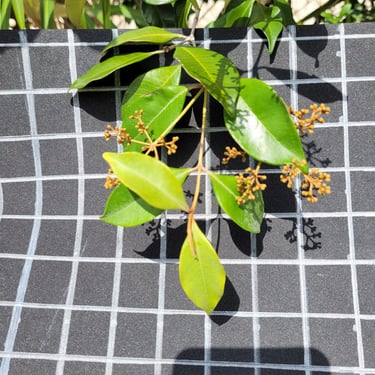
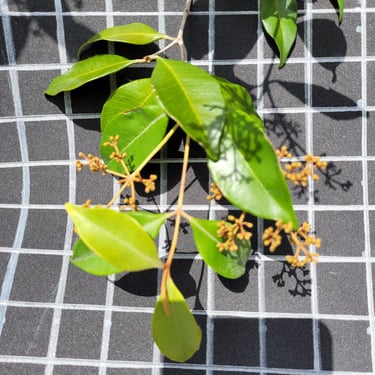
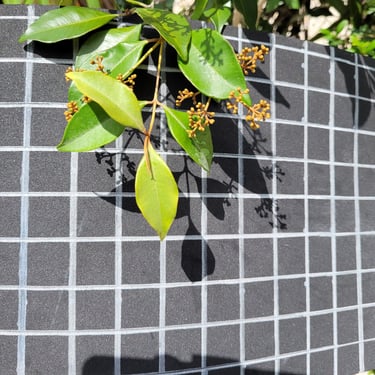
Flowers - early emergence








Flowers - late season, dead
Fruit - general
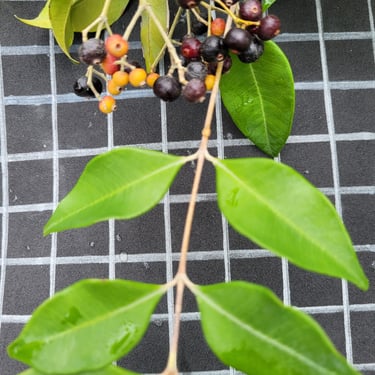



Fruit - early emergence


Fruit - late season, dead, open
Bark & Twigs
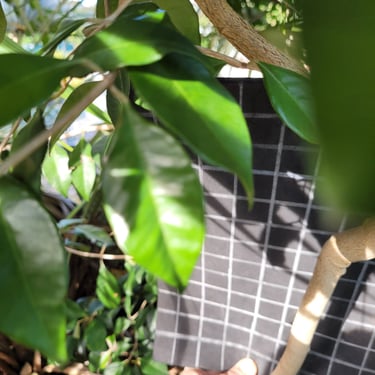
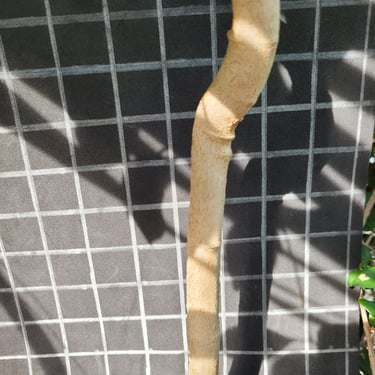
Variations, Key ID Features

